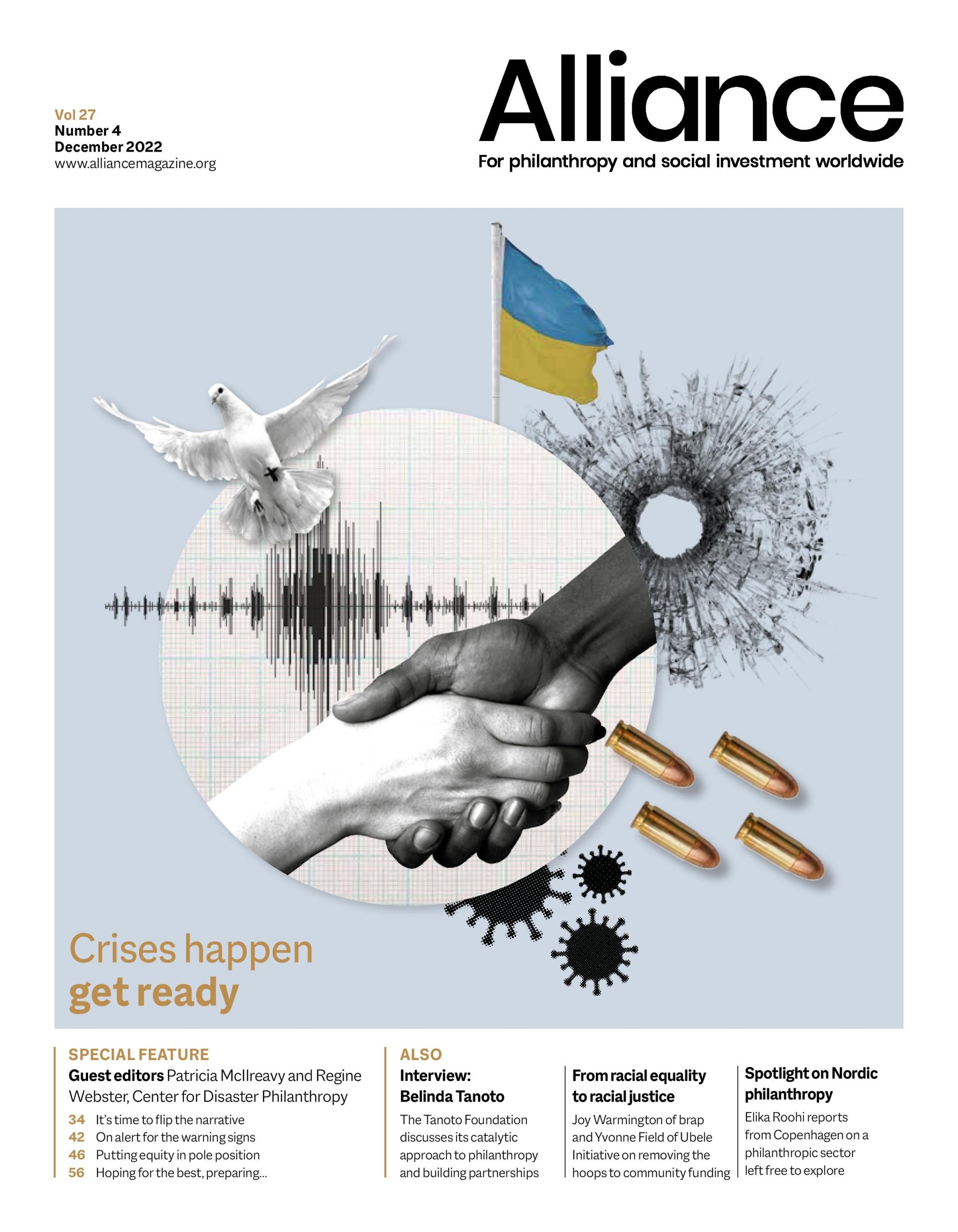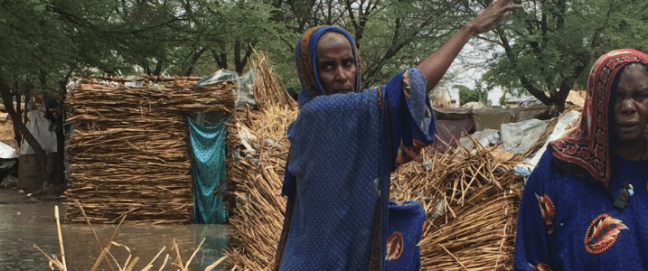Organised philanthropy has a number of changes to make in its response to crisis
Swiss cultural historian, Jacob Burckhardt, was very specific: a crisis is a crisis when something is definitively changed as a result of it. The natural human tendency, on the other hand, is to want to get back to how things were – rebuild the houses, repair the infrastructure, replant the crops and so on. The old normal, not the new normal is what people instinctively want and many might feel that Burckhardt’s rather high bar belittles their suffering in the meantime.
Maybe in a way he has a point, though. Maybe one of the things that should change as a result of the increasing and increasingly severe crises the world is undergoing is the response of organised philanthropy, The following articles are full of suggestions as to what form such changes might take. A few things stand out.
One is that crises or disasters don’t just happen. Given the intelligence, you can often see them coming and, if you can’t prevent them, you can mitigate their effects. The second thing, given the fact they don’t just come out of the blue, is to be prepared in advance. While it’s hard, as one contributor points out, not ‘to prioritise response over recovery’, another speaks of adding preparation to the classic three-stage model of intervention: immediate relief, medium-term response and support, and long-term reconstruction. A third thing is – and this will come as no surprise to Alliance readers – that communities and local organisations are at the heart of any response. They need support to build their resilience and capacity to recover, yet, as our guest editor Patricia McIlreavy points out, ‘funds continue to go predominantly to international actors, especially in complex humanitarian emergencies and large-scale disasters’.
Subscribe now from only £45 a year!
This article is only available for our subscribers
Existing users can login here






